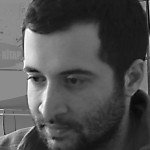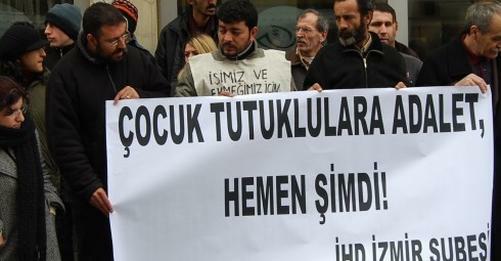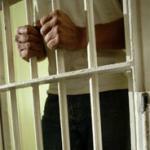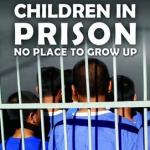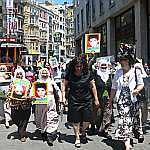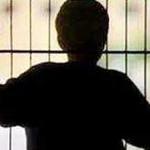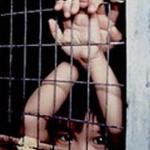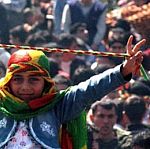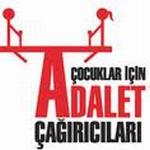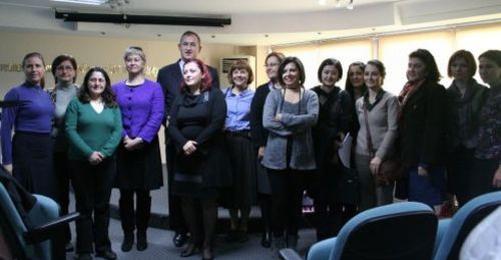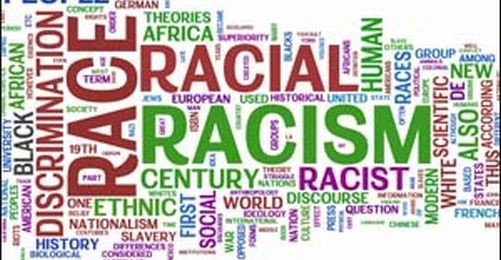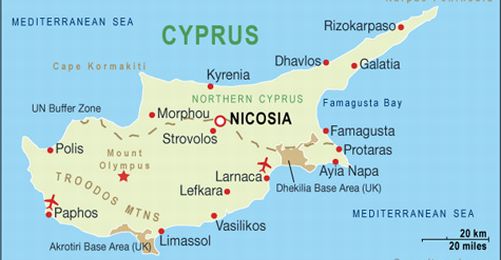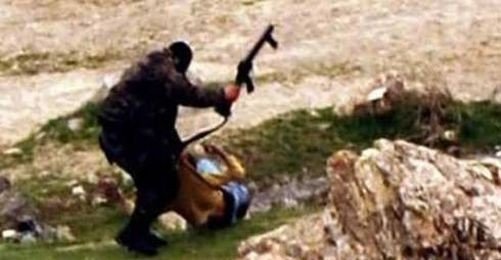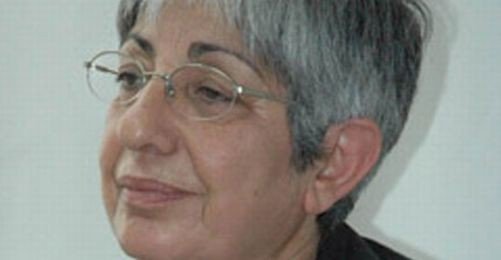It is 22 April, one day before Turkey's Children's Holiday. The place: Diyarbakır Court... Six children are in front of the judge in the 6th Heavy Penal Court. A decision is awaited for the six, tried for terrorism crimes. Four of them have been held in detention for the last ten months.
The judges Menderes Yılmaz, Selahaddin Menteş and Ömer Adil Küçük hand down the sentences. Three children are convicted of "taking part in activities in the name of a terrorist organisation without being members of the organisation." This means they receive a sentence "as if" they were members: 6 years 11 months. Another child is also accused of spreading organisational propaganda and violating the law on demonstrations, leading to a sentence of 7 years and 5 months. The two children tried without detention receive a 10-month sentence each for violating the law on demonstrations. This is converted into a fine.
Considering the time four of the children have already spent in prison, the court has ordered their release for now. The case will now go to the Supreme Court of Appeals. Should it ratify the decree, the four children will end up back in jail.
The children were taken into police custody on 14 July 2008, when a press conference organised by the pro-Kurdish Democratic Society Party (DTP) to condemn alleged maltreatment of imprisoned PKK leader Abdullah Öcalan was interrupted by the police.
The Kurdish question and the government
Yesterday's decree is not the first of its kind, nor does it promise to be the last. The fact that children are being tried under Anti-Terrorims legislation came to the public attention at the end of 2008.
On 20 October 2008, Prime Minister Recep Tayyip Erdoğan visited the Kurdish-majority city of Diyarbakır. It was the beginning of his campaign for the approaching local elections (29 March 2009), as his later statement of "We will take Diyarbakır" showed.
During his trip, Erdoğan targeted the PKK and the DTP, whom he accused of being connected to the PKK. He also spoke of TRT 6, the planned state channel which would broadcast in Kurdish from the beginning of 2009 and of "democratic steps." In the city, shopkeepers left their shutters down in protest, and other protest demonstrations were organised. Dozens of people, including children, were taken into custody. Local journalist Faruk Balıkçı said that "even in the 90s the shutters were not kept down to such an extent."
When the trials of the children arrested during Erdoğan's visit began, rights activists in Ankara, Istanbul, Izmir and Diyarbakır mobilised and began to monitor the trials. Even if no one knew how many children were in prison for this reason, it became clear that there were dozens of imprisoned children in different provinces. The problem lay with a radical change in the trial of children made by the government in 2006.
"Terrorism" and children
According to Article 250 of the Criminal Procedure Code, ratified in 2004, the State Security Courts were abolished and replaced by heavy penal courts with special authorities. These courts would deal with certain crimes. When the Anti-Terrorism Law was amended in June 2006, these special courts were given the authority to try children aged over 15 for crimes defined by this law.
An amendment to Article 13 of the Anti-Terrorism Law meant that sentences handed down to children aged over 15 could not be converted into other punishments or suspended. This meant that the Anti-Terrorism Law and the Criminal Procedure Code started treating children over 15 years old not as children, but allowing their trial and punishment just like adults.
Diyarbakır laws
When, after Öcalan's capture in 1999, fighting stopped, the ruling Justice and Development Party (AKP), which came to power in 2002, seemed to offer a solution to the Kurdish question with a series of reforms aimed at attaining membership in the European Union through democraticisation. However, by 2006, the government seemed to have taken steps backwards even from those limited reforms. It had become clear that it would not make any efforts in the recognition of the Kurdish question or in a discussion of a solution with Kurds.
The changes in the Anti-Terrorism Law came after events in Diyarbakır on 28 March 2006, when the police started shooting into a crowd of thousands of people in a funeral procession for four PKK members. Within five days, ten people died, five of them children. Hundreds of people were taken into custody.
When MPs discussed allowing the trial of 15 to 18-year-olds as adults, they assumed that they could prevent them from joining the PKK. The expected reforms from the government did not happen, and it was clear that it would turn to violence, not sparing children.
Hundreds of children detained, tried, convicted
And this is what happened. Answering the motion of DTP MP Selahattin Demirtaş, Minister of Justice Mehmet Ali Şahin (who left office on 1 May) told parliament that 13 children aged 12-15 and 724 children aged 15-18 had been put on trial under the Anti-Terrorism Law in 2006 and 2007. 319 of them were being tried in Diyarbakır courts. A total of 120 children were convicted under this law in the two years, 88 of them in Diyarbakır.
During the same period, 422 children were put on trial for "founding an organisation with the aim of committing crimes", following Article 220 of the Turkish Penal Code. 107 of these children were in Diyarbakır. In two cases in Diyarbakır, 20 children were convicted. 413 more children, 268 of them in Diyarbakır, were put on trial under Article 314 of the Turkish Penal Code, for "membership in an armed organisation." 34 chidren, 28 of them in Diyarbakır, were convicted. Hundreds of children were handed down punishments with probation, a few were also acquitted.
The number of children affected grew in 2008 and 2009. For instance, a child was crushed by a police tank in Cizre in February 2008 and died. His friends, who took part in his funeral, were arrested. Children took part in Newroz celebrations, demonstrations to mark the birthday of Öcalan, funerals of PKK members or other protests concerning the Kurdish question; the police did not hesitate to act violently and to take them into custody.
Maltreatment and traumata
Claims of maltreatment and torture in detention began to be expressed. The fact that children held in prison during their trial were kept away from school and their families meant that, even if they were later acquitted, they had experienced serious traumata. There was no rehabilitation programme for children released.
The trials were criticised by lawyers and rights activists. The courts based their decisions on the laws and did not budge, while activists cited international conventions in their objections. For children to be tried for "membership in an organisation", police statements were mostly sufficient. Even when there was no other evidence, children were taken to prison and kept in detention. Dozens of children said that they had not taken part in protests, and despite the lack of evidence to prove that they had, they were still taken to prison. Forensic medical reports and social observation reports on the children were not filled out according to regulations. The courts turned down the objections of lawyers, even those arguing that the constitution was being violated, and thus left no way out.
Even if Diyarbakır is the symbolical leader, protests mostly happen in different provinces at hte same time, particularly in places that have received a lot of Kurdish migration. The first punishments were handed down in the southern city of Adana, where the province governor had previously threatened the parents of children taking part in protests with withdrawing their "Green Cards", the cards that entitle poor families to free medical treatment.
After Adana, Diyarbakır...
According to the Adana branch of the Human Rights Association (İHD), 33 children have received a total of 129 years imprisonment for "membership in a terrorist organisation" in the first three months of this year. Now the Diyarbakır court has started handing down sentences. Lawyers fear that if the Supreme Court of Appeals does not take a different stance and ratifies the decrees, hundreds of children will spend a long time in prison.
Meanwhile, rights activists lobbying for children's rights have intensified. Many journalists have reacted to the issue in the media. The Call for Justice for Children gathered around 900 signatures in Istanbul, and the Justice for Children Initiative has united rights activists in Ankara, Izmir and Diyarbakır and the families of the children concerned. They continue to monitor cases and struggle for change.
During a visit of these activists to parliament in February, MPs from the AKP and the opposition Republican People's Party (CHP) promised to bring up necessary legal changes after the local elections. However, judging by the police operation against the DTP and statements by ministers and the Prime Minister, it seems that the attitude of the government towards the Kurdish question has not changed since the local elections, if it has not become more hardened. Today's 23 April, the "Festival of National Sovereignty and Children" shows those Kurdish children who dare go into the streets, the meaning of "National Sovereignty." (EÜ/AG)




